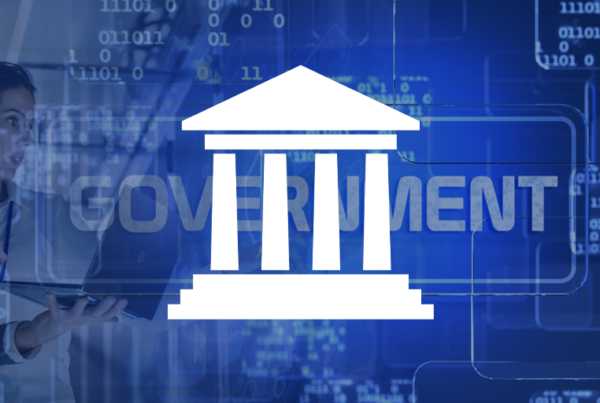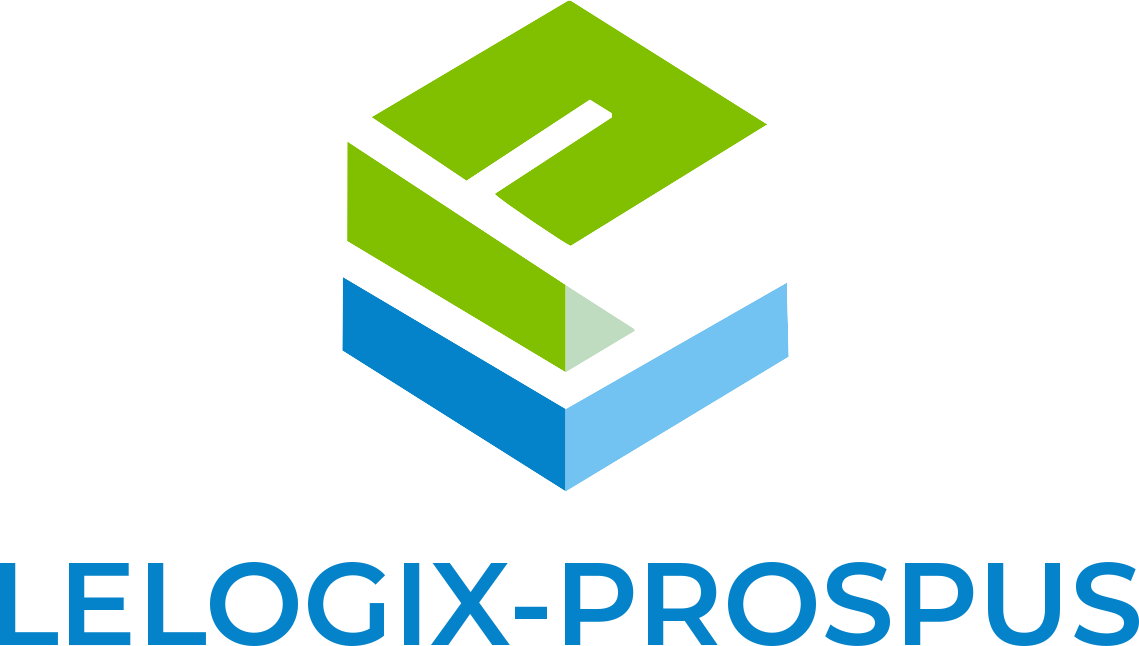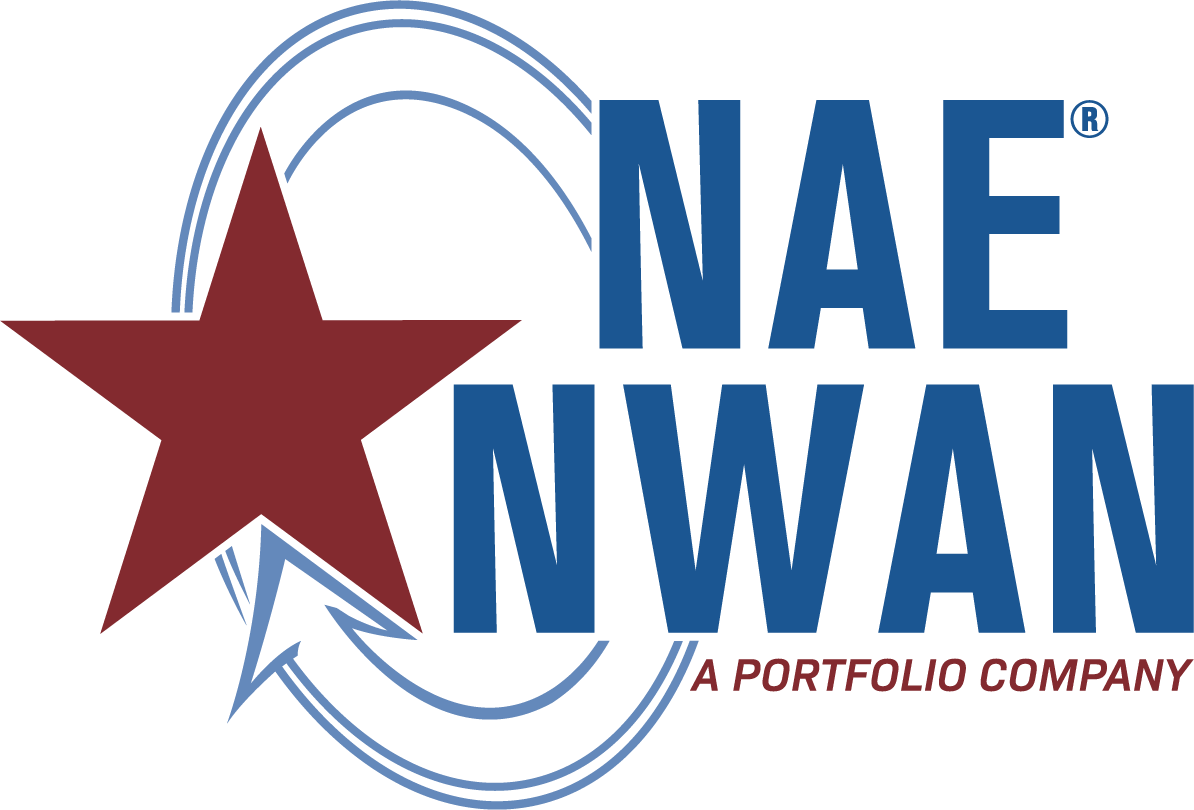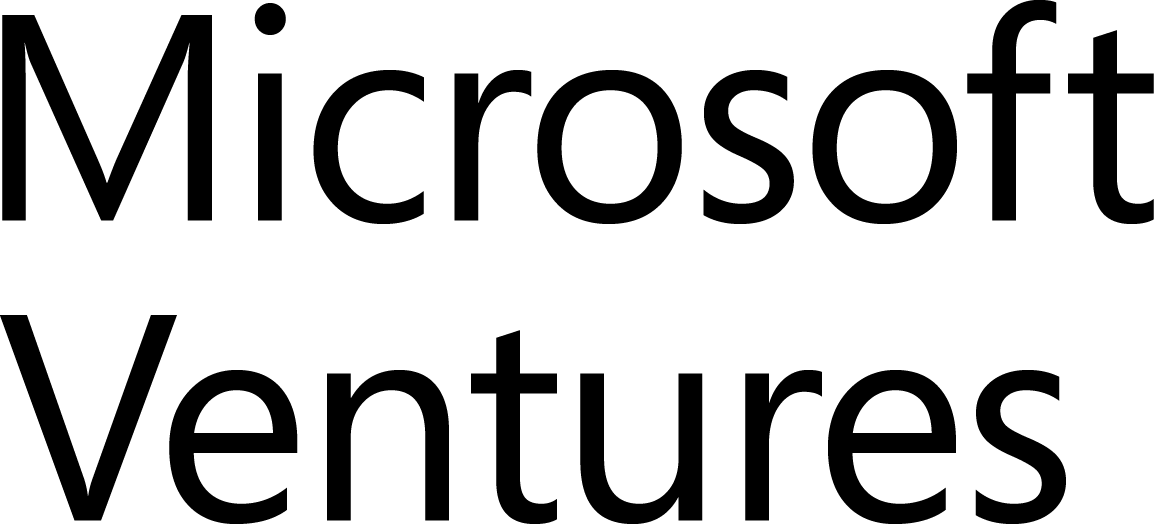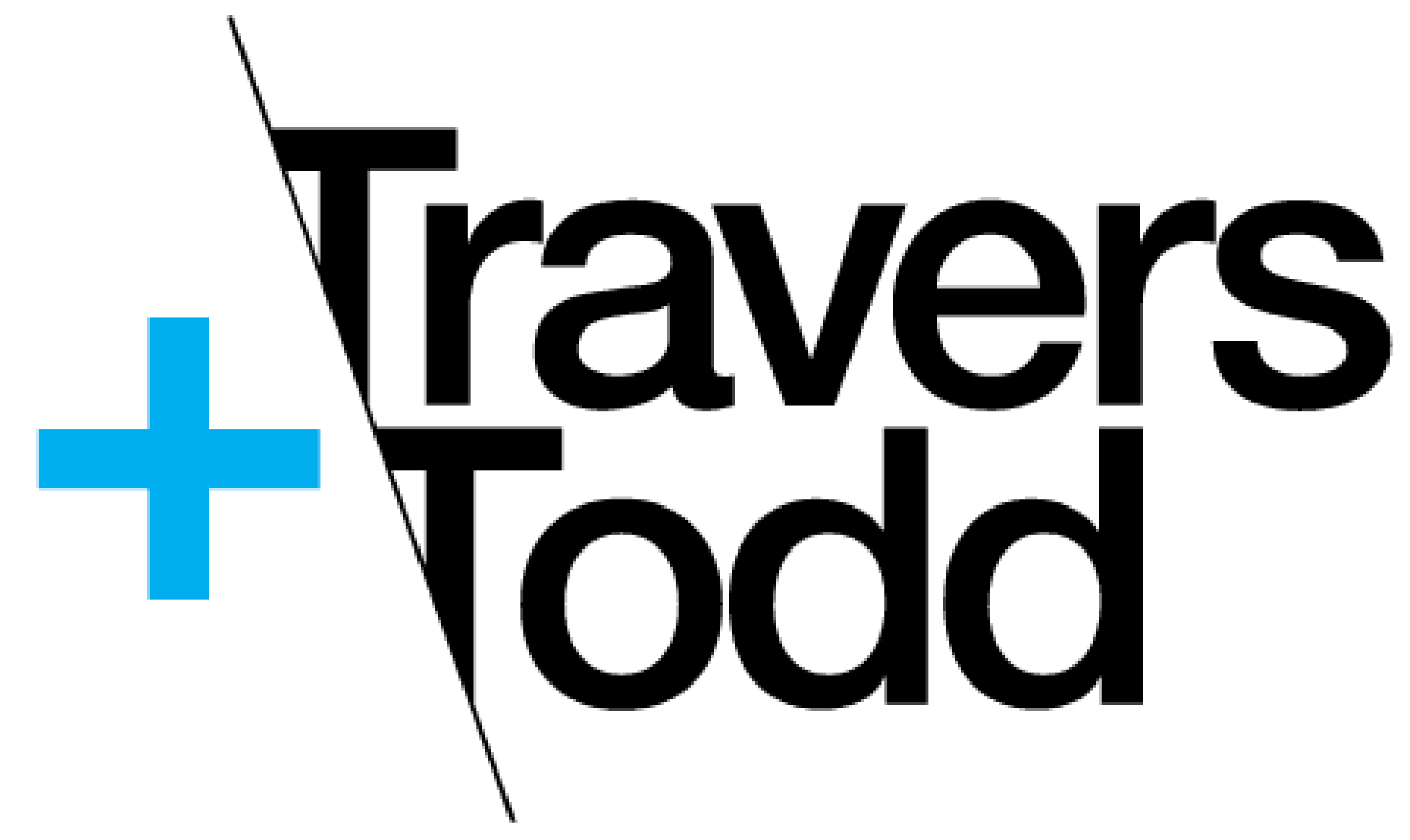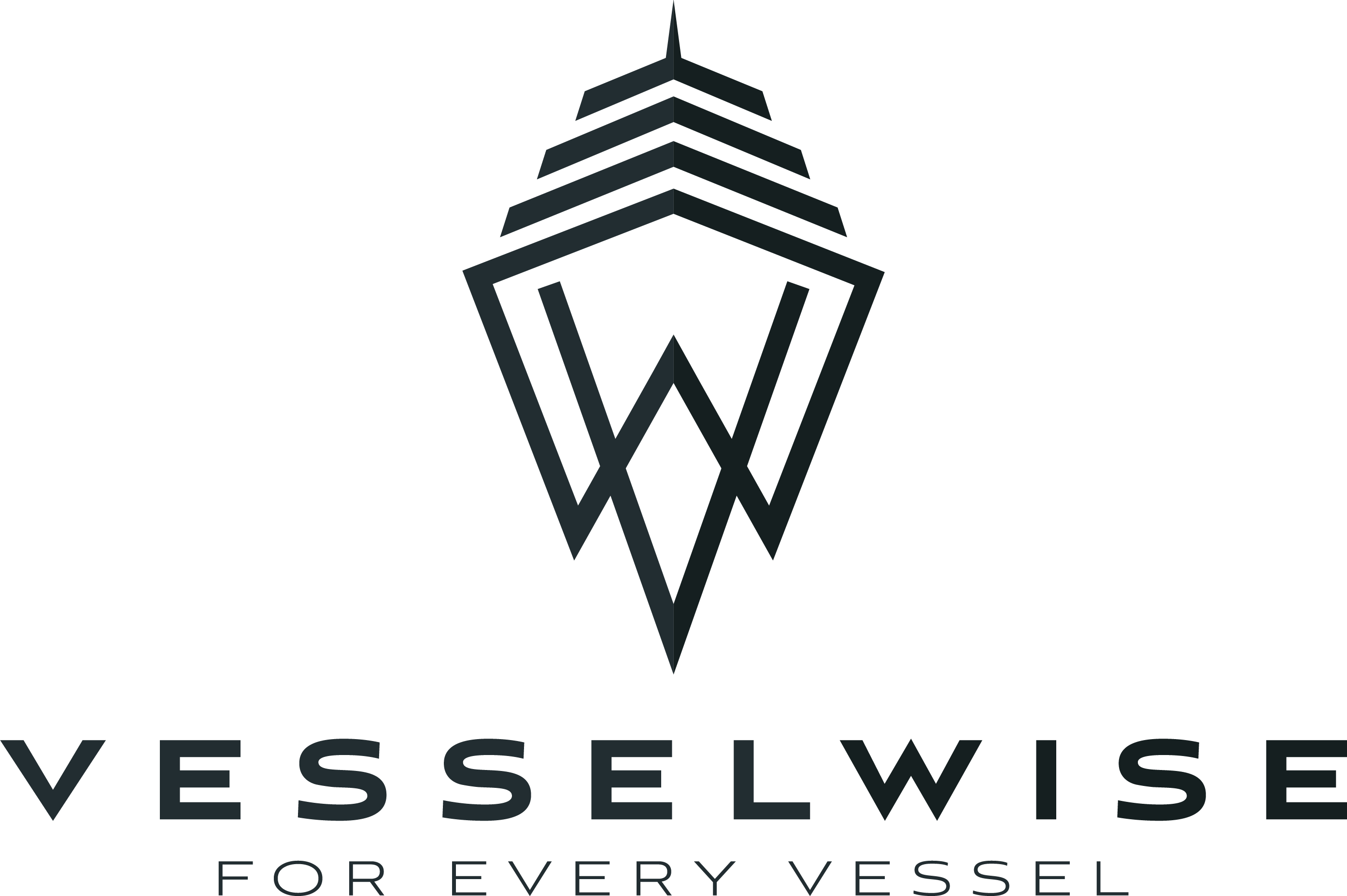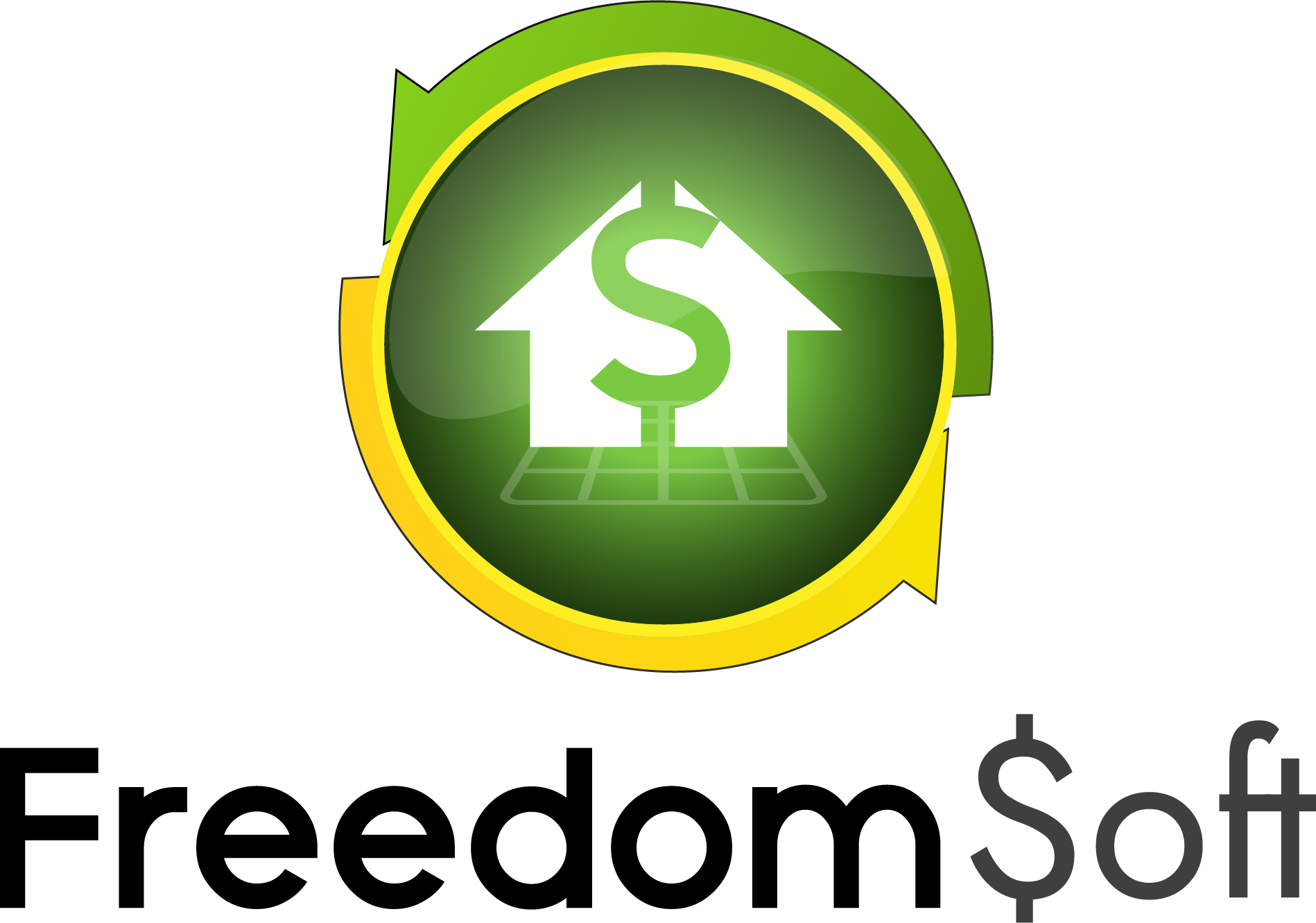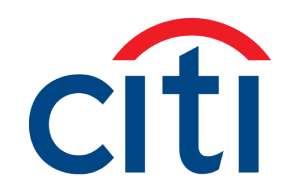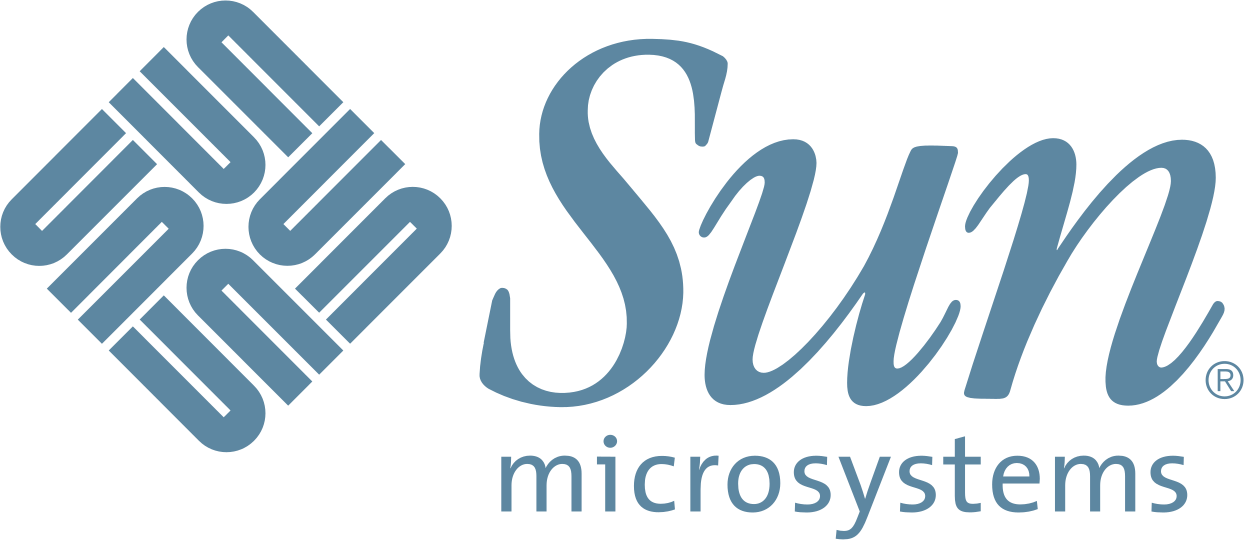Governments and quasi-governmental organizations across the world are evaluating it for a variety of purposes. The ability to record transactions on distributed ledgers accessible to anyone, but manipulable by no one, creates an irresistible allure to governments seeking to improve transparency, prevent fraud, establish trust, and get ahead on a potentially revolutionary new technology. While blockchain’s influence will mostly be behind-the-scenes, the technology has the potential to transform the speed, security and efficiency of the services our governments provide.
According to a survey recently conducted by the Economic Intelligence Unit and IBM, government interest in blockchain technology in 2017 is high:
- 14% of government organizations expect to have blockchain-based applications in production and at scale in 2017
- 90% of government organizations plan to invest in blockchain for use in financial transaction management, asset management, contract management and regulatory compliance by 2018
- 70% of government executives predict blockchain will sig`nificantly disrupt the area of contract management
Blockchain’s benefits are readily applicable to public sector organizations, and experimental applications in the public sector are accelerating globally. In 2014, there were virtually no agencies considering blockchain; however, since then there are agencies in tens of countries across the world running pilots, tests and trials to assess the technology. These applications, often unique to specific countries, states, or municipalities, are expanding and diversifying the range of use cases.
Why are governments so excited about the technology? There are three primary value-drivers in blockchain that are capturing the attention of government organizations worldwide:
- Blockchain can Build Trust with Citizens. Trust in our government is the bedrock of a healthy society. But it’s no surprise that citizen trust in their governments is at an all-time low. Some part of that mistrust can be alleviated by reorganizing the provision of services on blockchain. A key feature of blockchain-based solutions is transparency through decentralization, allowing participating parties to see and verify data. A blockchain solution for citizen services could, ro example, allow for independent verification of governmental claims. When governments share access to records with their citizens, trust increases.
- Blockchain Protects Sensitive Data. Governments are entrusted with our most private, sensitive records, and the incidence of significant data breaches is on the rise. In 2017, the most sensitive financial information about 143 million Americans was exposed in the Equifax database breach. In addition to private organizations like Equifax, Government organizations create irresistible targets for hackers with malicious intentions. The application of blockchain to government operations will instantly harden network security by making intrusions cost-prohibitive. When governments take efforts to improve security, everyone in the society benefits.
- Blockchain Reduces Costs and Improves Efficiency. Government agencies are tasked with fulfilling their missions with limited resources. Features of blockchain provide assured security, and therefore can eliminate many types of peripheral activity expended in governmental operations, such as audits, checks and reviews. Agencies employing blockchain can stretch dollars by streamlining processes and eliminating redundancies. When government agencies optimize their processes, the public saves money and enjoys better services.
These are not hypothetical benefits. Governments around the world are experimenting with blockchain-based projects, and many are seeing early results. The government of Georgia is using blockchain in the registration and handling of land titles in order to increase transparency and reduce fraud. In 2016, the UK Department for Work and Pensions started a blockchain application allowing beneficiaries to quickly receive and spend benefits through an app, reducing benefit fraud, increasing transparency, and registering assets. The Crown Prince of Dubai has backed a plan that would digitize all government on a blockchain by 2020, with the goal of saving 25.1 million hours of economic labor each year. This is only a fraction of the blockchain projects that are already underway.
Despite the hype around blockchain-based cryptocurrencies, we believe that government will be one of the first institutions to deliver tangible and lasting value to its users by using the technology. Prospus is directly involved in multiple blockchain-based projects with governments, as well as through its partnership LelogixProspus. For more information about how we can help, please feel free to reach out to us.




